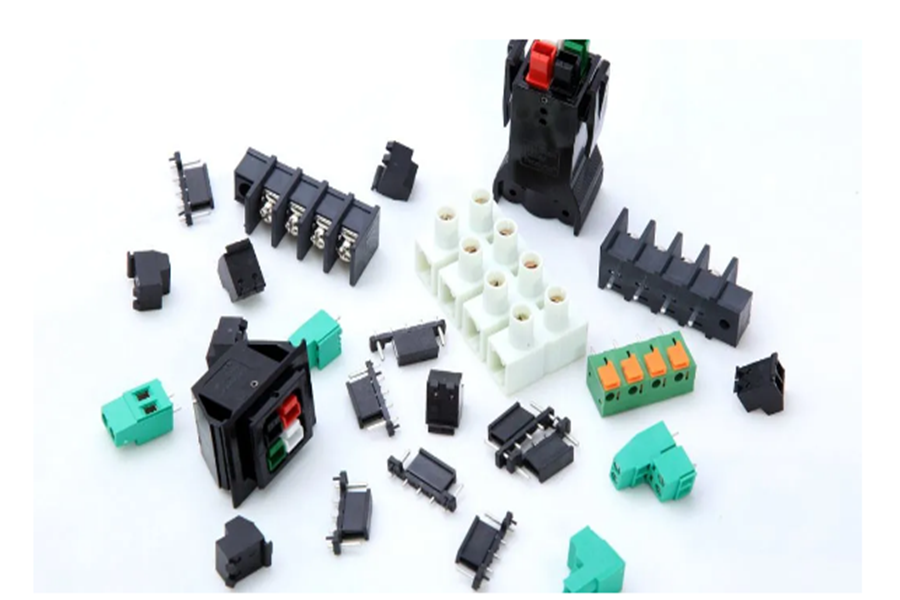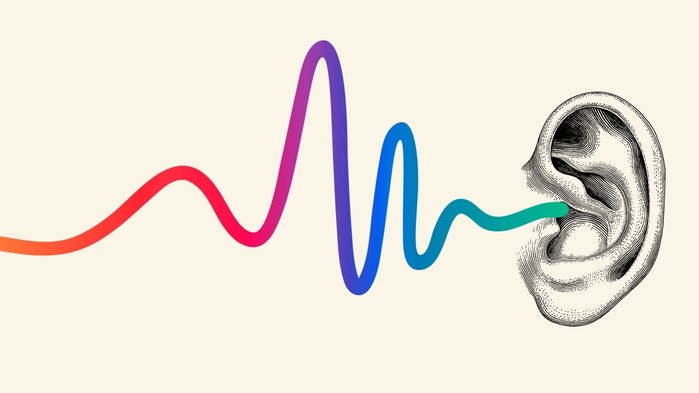
The impact of hearing loss on people Many people know that the most obvious feeling is that they can’t hear or hear what others say. But this is only the most intuitive effect, as well as subsequent complications due to hearing loss.
The American medical journal Otorhinolaryngology and Head and Neck Surgery has published a study that suggests that hearing loss in some people may cause or aggravate mental illness.
In the report, the researchers believe that middle-aged and older women are more susceptible to such influences. In the past, people always thought that this psychological effect was related to menopause in middle-aged and older women, and new research suggests that hearing impairment and depression in American adults There is a certain correlation between the symptoms, especially for middle-aged and older women and those who do not want to wear hearing aids under 70.
At the beginning of the study, the researchers found that there was a correlation between hearing loss and depression in earlier literature, but these studies only focused on 60 older people, specific noise environments, and specific inbreeding races due to their The results are influenced by many factors, and the conclusion is difficult to be persuasive.
Later, the researchers found that in the new survey data, as the hearing decreased, the tendency of adults to have depression increased (according to statistics, the proportion of people with no hearing problems suffering from depression was 5%, while those with hearing impairment accounted for 11). %).
“We found a link between hearing impairment and depression,” said Dr. Li Chuanming, a researcher at the American Institute of Hearing Impairment and Other Communication Disorders. “But there is a causal relationship between this association. We don’t know yet, this requires Further research.”
“It’s not surprising that people with hearing impairment are more likely to feel depressed,” said James Ferman, chairman and CEO of the American Committee on Ageing. “Hearing-impaired people, especially those who don’t use hearing aids, find it more difficult to communicate with others, whether at home, in social situations or at work, and over time they feel isolated.”
Robert Frisina, director of the Center for Global Listening and Language Studies at the University of South Florida, believes that even if the study is not yet available, the study is valuable because it is hearing impaired and depressed. The rumors of the disease provide powerful data proof. In the new study, the researchers looked at data from the US Health and Nutrition Survey, which involved 1.8 10,000 18 and 18+ adults. Most young people and the elderly report their hearing status by themselves, while some 70 older people (heavy hearing loss) perform an audio test. All participants completed a questionnaire to reveal the depression.
Except for those with severe hearing impairment, the more severe the hearing impairment, the more severe the depression. Frisina said that these young people may have been accustomed to dealing with hearing impairment, so most of them are not very concerned.
The researchers found that hearing loss was associated with an increased risk of depression in all ages, but the age was most pronounced from 18 to 69. And women are at higher risk of depression than men.
In the elderly population of 70 or 70 years old, the link between hearing loss and depression was not found in the self-report. However, this association was found in people who underwent hearing tests at this age.
The researchers point out that women are more likely to experience hearing loss after 65, and that hearing impairment can affect conversational efficiency in noisy environments.
Researchers recommend people who think or suspect that they have hearing problems to seek help from a hearing specialist or doctor. Usually family and friends will notice your hearing loss for the first time. “If you have hearing problems, you need to go to the hearing specialist and the otolaryngologist to make an appropriate diagnosis and choose a treatment plan to avoid depression due to hearing problems,” Frisina said.
Depression is just a possible complication of hearing loss, and there are many more serious symptoms, such as Alzheimer’s. Early detection and early treatment can effectively prevent these complications.
Jinghao medical hearing aid reminder:Hearing aids need to be professionally “fitted”. It is very important to choose a professional hearing aid fitting center and hearing aid fittings! You can call the Jinghao medical for any hearing problems, or you can come to the center to experience the experience. . Hearing aid free consultation phone: +86-752-2299187
You can also email us: Jinghao14@jinghao.cc for more information you want to know.
Link:Older people with hearing impairment are more likely to be depressed
REF: Bluetooth Hearing Aids, Hearing amplifier, ITE hearing aidsThe article comes from the Internet. If there is any infringement, please contact service@jhhearingaids.com to delete it.






